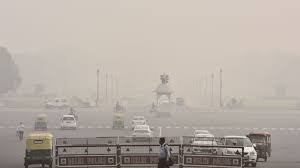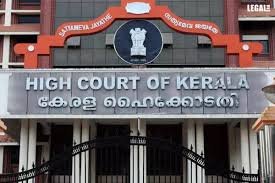As Delhi continues to choke under a thick layer of smog, the Supreme Court issued a sharp warning on Thursday, describing the national capital’s air pollution as “very, very serious” and capable of causing “permanent damage” to public health.
A bench comprising Justices P.S. Narasimha and Atul S. Chandurkar expressed concern over lawyers attending court physically despite hazardous air conditions. “We have virtual hearing facilities—please use them. This pollution… it will cause permanent damage,” Justice Narasimha cautioned.
During the hearing, Senior Advocate and Rajya Sabha MP Kapil Sibal remarked that many were wearing masks inside the courtroom. The bench, however, responded firmly: “Even masks are not enough. It will not suffice. We will discuss the issue with the Chief Justice.”
Delhi’s Air Quality Index (AQI) has crossed 400, placing several areas under the “Severe” category. The government has already enforced Stage III restrictions of the Graded Response Action Plan (GRAP), curbing construction, industrial activities, and vehicular emissions.
The Court also sought reports from the Punjab and Haryana governments regarding stubble burning, which remains a major contributor to Delhi’s annual toxic haze.
Experts have warned that prolonged exposure to such pollution levels can lead to serious respiratory, cardiac, and neurological health effects. The apex court’s strong words underscore the urgent need for coordinated action to tackle India’s worsening air-quality crisis.
With the Supreme Court hinting at expanded use of virtual hearings, and the government scrambling to enforce pollution controls, the capital is bracing for another difficult week under the grey skies of smog and suffocation.




